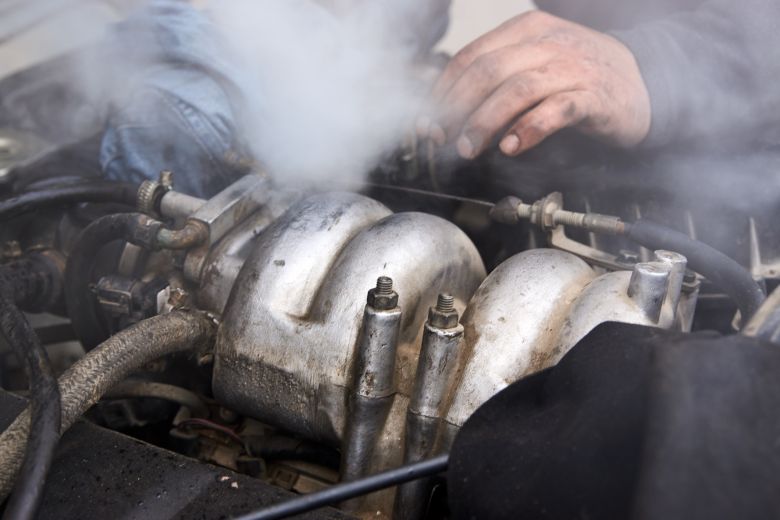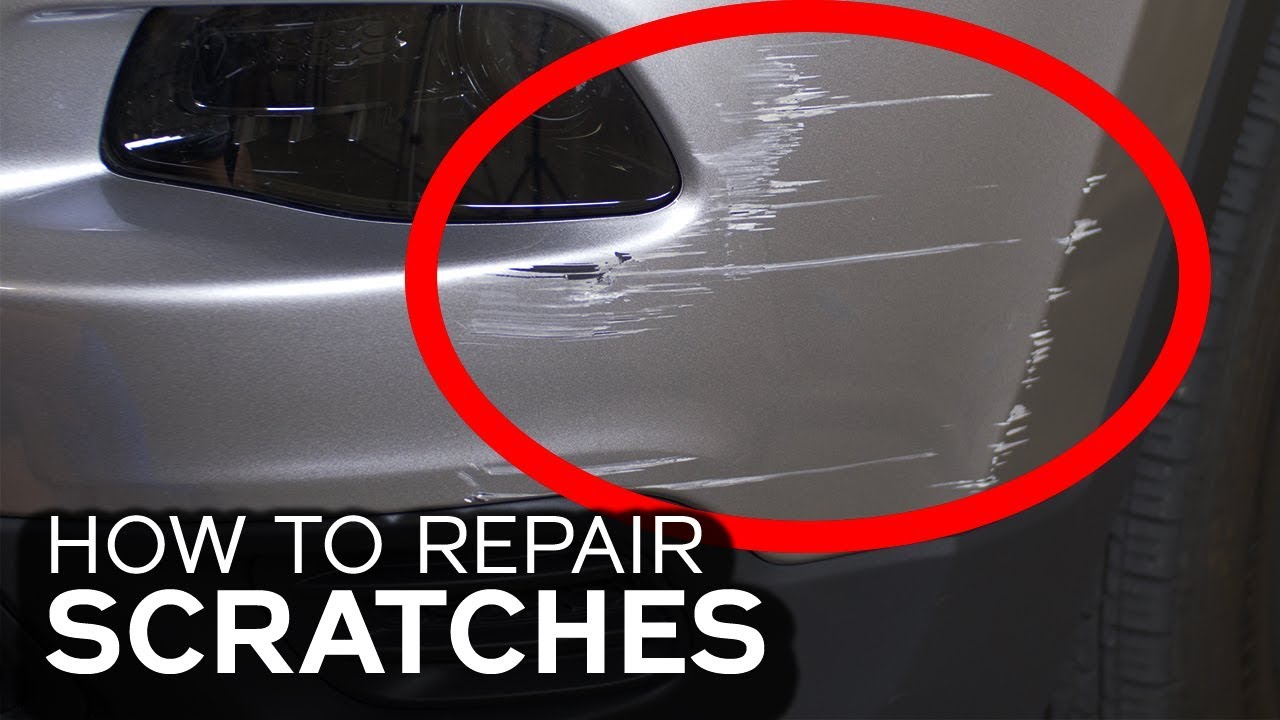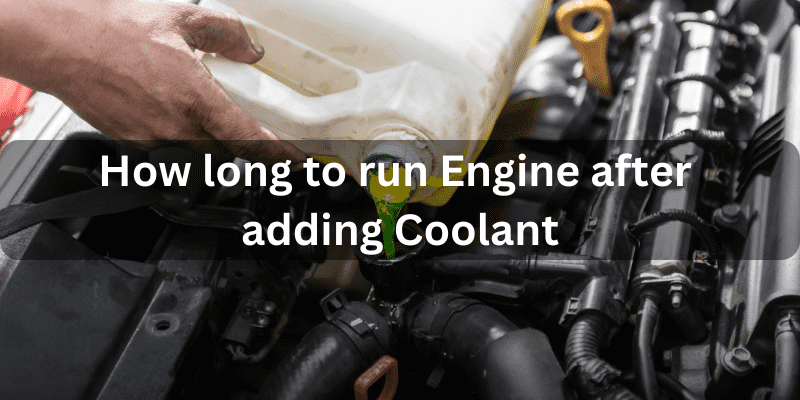Can a Bad Oil Pressure Sensor Cause Misfire
A bad oil pressure sensor typically does not cause a misfire. Misfires are generally related to ignition or fuel system issues.
Understanding the functions of an oil pressure sensor is essential for maintaining your vehicle’s health. An oil pressure sensor monitors the lubrication system, ensuring the engine receives enough oil at the correct pressure. This is crucial for engine protection and longevity.
Nevertheless, it’s a common misconception that this sensor affects engine combustion processes. Misfires result from problems with the spark plugs, ignition coils, or fuel injectors, compromising the engine’s smooth operation. Knowing the distinction between these systems helps in accurate diagnostics and timely maintenance. Quick attention to engine misfires can prevent further damage, while keeping an eye on the oil pressure sensor ensures your engine’s lubrication is never compromised. Regular service inspections are vital to catch early signs of both issues.
Symptoms Of A Bad Oil Pressure Sensor
Your vehicle relies on accurate data to run smoothly. A bad oil pressure sensor can disrupt this balance, potentially leading to engine misfires. Recognizing the symptoms early can save you from expensive damages. Let’s explore the signs indicating your oil pressure sensor might be failing.
Unreliable Oil Pressure Readings
Fluctuating oil pressure readings on your dashboard can spell trouble. If the readings swing wildly or don’t match engine rhythms, your oil pressure sensor may not work right. A stable oil pressure is crucial for engine health. Be alert to these erratic signals.
Warning Lights And Alarms
Take note of any unexpected warning lights. An illuminated oil pressure light or check engine light often means something’s not right. An audible alarm accompanying the warning lights intensifies the urgency to check your vehicle’s condition. Here are ways these alerts might present themselves:
- Oil Pressure Light: Glows when oil pressure is too low.
- Check Engine Light: Activates when the sensor sends incorrect data to the vehicle’s computer.
Regular monitoring of your dashboard’s alerts helps catch issues early. Stay vigilant for these and other unusual signs to keep your car in top shape.

Credit: www.reddit.com
Understanding Engine Misfires
An engine misfire occurs when the engine fails to ignite the air/fuel mixture correctly. This disruption can cause a vehicle to hesitate, jerk, or momentarily lose power. Misfires may occur randomly or consistently, affecting one or more cylinders.
The Basics Of Engine Combustion
The engine combustion process is essential for your car’s performance. In a nutshell, your car’s engine mixes air and fuel, compresses it, and ignites the mixture to produce power. Each cylinder needs a precise timing, correct fuel/air ratio, and a spark to maintain smooth operation.
Common Causes Of Engine Misfires
Several factors can lead to engine misfires. Some are simple fixes, while others require more effort. Below is a list of common culprits:
- Faulty spark plugs: Over time, spark plugs can wear out or become fouled, leading to misfires.
- Ignition coil problems: A failed coil can disrupt the spark, which ignites the air/fuel mixture.
- Clogged fuel injectors: These can restrict the flow of fuel to the engine, causing a lean mixture and misfire.
- Air intake issues: Leaks or blockages can disrupt the balance of air to fuel ratio.
While not commonly known, a bad oil pressure sensor can also influence engine performance. It may not directly cause misfires, but incorrect oil pressure readings can lead to incorrect engine adjustments and, subsequently, misfires.
Connections Between Oil Pressure And Engine Performance
An engine’s heartbeat requires a slick flow of oil to maintain its rhythm. Just like the blood in our veins, oil in a car’s engine serves vital functions. But what happens when the oil pressure drops or a sensor fails? It can indeed lead to confusion in the engine bay, manifesting as a misfire. Let’s delve into why maintaining oil pressure is crucial for engine performance and how it intertwines with engine health and combustion efficiency.
Role Of Oil In Engine Health
Oil acts as a life force for vehicles, ensuring everything runs smoothly. Proper lubrication by oil avoids metal-on-metal contact, reducing wear and tear. Additionally, it works as a coolant, dispersing heat away from the engine’s hot spots. If the pressure drops, these characteristics falter, directly affecting engine health.
- Lubricates Moving Parts: Minimizes friction that can cause overheating and damage.
- Cleans the Engine: Helps remove debris and prevents buildup of sludge.
- Seals: Offers a seal between the piston rings and cylinder walls.
- Cools: Carries heat away from critical areas.
- Protects: Adds a protective layer to avoid corrosion.
How Oil Pressure Affects Combustion
Consistent oil pressure is essential for effective combustion, leading to a smooth-running engine. The oil ensures that every component of the engine’s combustion chamber remains unfettered and reacts optimally with the fuel-air mix. A flailing oil pressure sensor can skew this harmony, triggering misfires and resulting in rough idling and diminished fuel economy.
| Component | Function | Impact of Low Pressure |
|---|---|---|
| Pistons & Cylinders | Drive the engine | Inefficient movement leading to misfires |
| Valves & Camshafts | Control air/fuel mix | Impaired timing and performance |
| Bearings & Crankshaft | Support engine rotations | Increased wear, risk of seizing |

Credit: www.amazon.com
Diagnosing The Root Cause Of Misfires
A smooth running engine is a sign of a healthy car. But what if your car starts to shake or lose power? This could be due to a misfire. Misfires disrupt your car’s power and can harm the engine. To fix this, we need to find what causes the misfire.
Tools For Diagnosing Engine Issues
Mechanics use special tools to find engine problems. You can also use these tools:
- OBD-II Scanner: Reads engine error codes.
- Multimeter: Tests electrical parts.
- Compression Gauge: Checks cylinder pressure.
Oil Pressure Sensor Tests
Your car’s oil pressure sensor monitors oil pressure. It tells you if the pressure is low. Low pressure can lead to engine wear, causing misfires. Here’s how to test the sensor:
- Locate the oil pressure sensor on your engine.
- Use an OBD-II scanner to find any related error codes.
- Check the sensor’s readings with a multimeter.
- Compare readings with the manual’s specifications.
If the sensor is bad, it might show wrong readings. Changing the sensor might fix the misfires. Always consult with an expert when in doubt.
Resolving Misfires: Steps To Take
The quest to resolve engine misfires leads to a series of steps designed to eliminate potential culprits.
Identifying the cause is crucial before a remedy can take effect.
Replacing A Faulty Oil Pressure Sensor
One oft-overlooked component capable of influencing engine performance is the oil pressure sensor.
- Shut the engine off.
- Locate the faulty sensor.
- Disconnect the electrical connector.
- Remove the sensor.
- Install the new sensor.
- Reconnect the electrical connector.
- Start the engine and check for misfires.
Tools required include socket sets and an oil drip pan.
Additional Solutions For Engine Misfires
Multiple factors can lead to engine misfires beyond a faulty oil pressure sensor.
Diagnostics help narrow down the issue.
| Action | Benefit |
|---|---|
| Check spark plugs and wires | Ensures proper ignition |
| Inspect fuel systems | Verifies fuel delivery |
| Examine ignition coils | Confirms strong spark generation |
| Scan for error codes | Prompts towards the fault |
- Replace worn spark plugs.
- Clean or replace clogged fuel injectors.
- Check and replace faulty ignition coils.
- Use scanner to retrieve diagnostic trouble codes.
Credit: www.quora.com
Preventive Measures And Regular Maintenance
Taking care of your car is like taking care of your health. Regular check-ups and timely action can keep annoying problems at bay. One such irksome issue could be a misfire caused by a faulty oil pressure sensor. To avoid this, let’s dive into some essential preventive measures and routine maintenance tips.
Scheduled Oil Changes
Just like you need water, your car needs oil. Regular oil changes keep the engine happy and healthy. They ensure all parts move smoothly and reduce wear. Stick to the oil change schedule in your car’s manual. It’s the easiest way to avoid big problems later.
Sensor And Engine Check-ups
A healthy engine breathes well. Keep your car’s lungs clean with regular engine check-ups. The oil pressure sensor plays a crucial role here. It tells you when oil levels are low. A failing sensor can mislead you and lead to engine misfires. Get it checked often.
Here are some key steps to follow for keeping your vehicle in top shape:
- Read the manual: Know when to service your car.
- Check engine light: Don’t ignore it. It might indicate sensor issues.
- Listen to your car: Strange noises can point to trouble.
- Use quality oil: Not all oils are equal. Choose the best for your car.
Frequently Asked Questions On Can A Bad Oil Pressure Sensor Cause Misfire
Can An Oil Pressure Sensor Trigger Engine Misfire?
An oil pressure sensor does not directly cause misfires. However, if it sends incorrect data leading to improper engine oil pressure, this may indirectly contribute to engine misfires by affecting overall engine performance and causing premature wear.
How Does Oil Pressure Impact Engine Performance?
Proper oil pressure is crucial for engine lubrication and cooling. Insufficient oil pressure can result in increased friction and heat, which can lead to engine components failing and decreasing overall engine performance, potentially causing misfires.
What Symptoms Indicate A Faulty Oil Pressure Sensor?
Symptoms of a faulty oil pressure sensor include the oil pressure warning light activating, erratic oil pressure readings, or unusual engine noises. These signs suggest the sensor may not be accurately monitoring the engine’s oil pressure.
Does Replacing An Oil Pressure Sensor Improve Misfires?
Replacing a faulty oil pressure sensor can improve engine function but may not resolve misfires unless they’re indirectly caused by incorrect oil pressure readings. Diagnosing other causes is important for misfire resolution.
Conclusion
As we’ve explored, a faulty oil pressure sensor can indeed contribute to engine misfires. This underlines the importance of regular vehicle maintenance and prompt attention to dashboard warnings. By addressing oil pressure sensor issues early, you can prevent further engine complications and ensure a smoother ride.
Remember, a healthy engine is key to a dependable car. Keep sensors in check, and drive with confidence.




